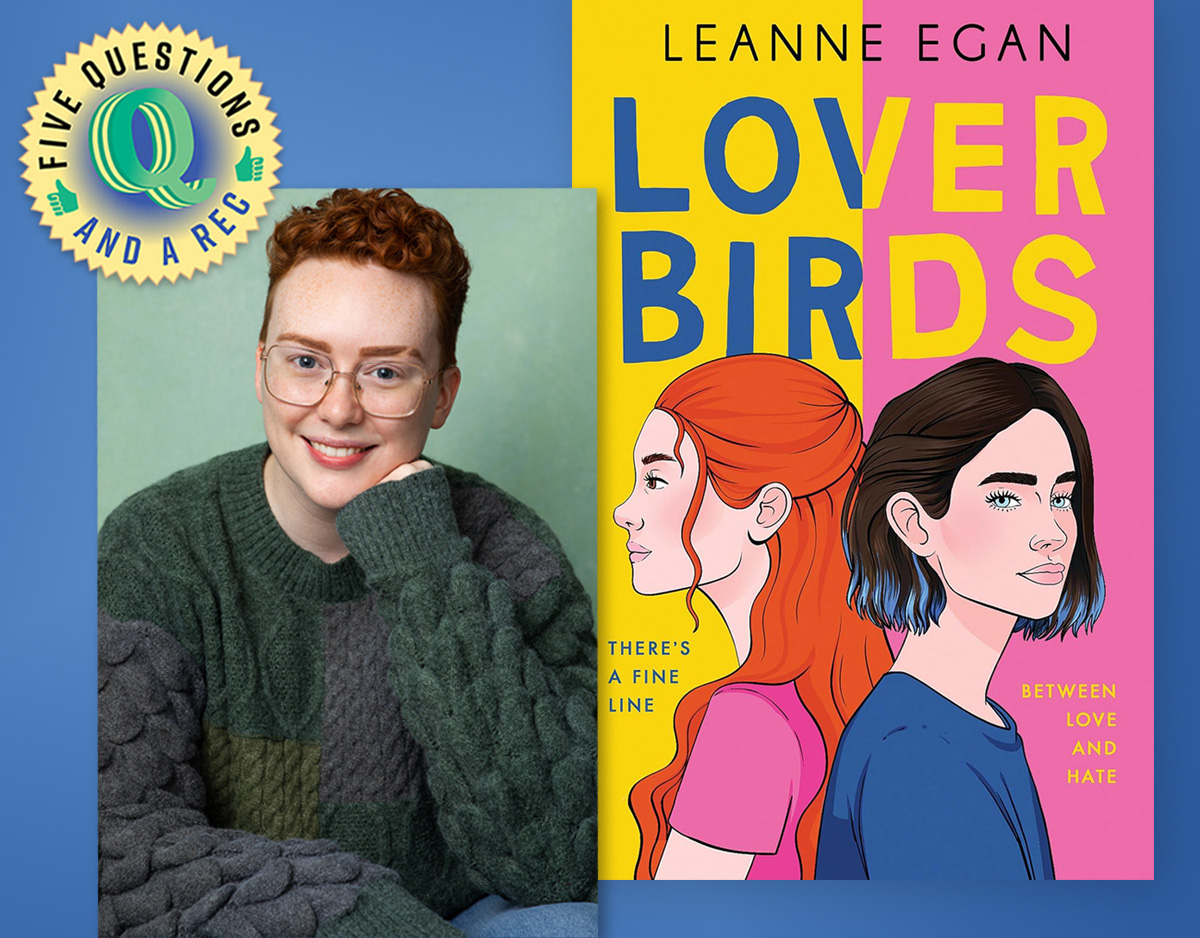SCROLL DOWN TO READ THE POST
Frankenstein
Frankenstein chapter by chapter reading, continued. Confused? Read my introduction post; chapters I to III.
“It was on a dreary night of November, that I beheld the accomplishment of my toil.” Another terrific line.
Victor is really unclear on the specifics of his jigsaw puzzle man, including how he was put together and how he ended up being about 8 feet tall. But man, boys — given the chance to create something, Victor starts big. There’s no assistant, but it does happen during a rainy night. Vague clues: “the instruments of life around me,” as well of mention of having to “infuse a spark of being“.
Shelley is clear on one point: the creature is ugly. U.G.L.Y. you ain’t got no alibi, you’re ugly. No, really.
Alas, poor Victor! “I had worked hard for nearly two years” (So he’s about 20, 21) “for the sole purpose of infusing life into an inanimate body.” “Now that I had finished, the beauty of the dream vanished, and breathless horror and disgust filled my heart.” I think we’ve all been there, where the reality doesn’t measure up to the dream.
ADVERTISEMENT
ADVERTISEMENT
So, what does Victor do? He runs away. No, really; he leaves his workroom and hides out in his bedroom thinking “what have I done?” Seriously, Victor, you had TWO YEARS before this date to think this out. Victor falls asleep and wakes up to the creature’s ugly face. Did I mention he’s ugly? “The miserable monster” is at his bed, so Victor… runs away. I’m beginning to sense a pattern to how Victor deals with things he doesn’t like. (Also, possible message here about fathers abandoning their children.)
Oh, boys. They get what they want, they never want it again. I think there was a song about that. Only, it wasn’t about a monster.
As Victor wanders the streets, guess what? Of all the people in the world, he runs into his BFF Henry Clerval who has finally got the OK from his father to go to study! Clerval addresses Victor as “my dear Frankenstein” and this, my dear reader, is the first time — absent the title — we learn Victor’s last name. (Page 36 in my copy).
There’s a joyous meeting, and then Victor falls sick for several months. Lucky Victor, Henry is there to help nurse him. Poor Henry! This long wait to leave home, pursue his education, and he ends up playing nursemaid.
Chapter V
A letter from Elizabeth!
Some details include that Ernest is nearly 16, so Victor is nearly 22, and William is about six. There’s a bit of a digression as Elizabeth ponders Ernest’s future career path, with Elizabeth wanting him to be a farmer and Mr. Frankenstein wanting him to go into law. I know one shouldn’t play guessing games about “what the author is thinking,” but here (and in other places) I can’t help but think we’re not hearing a character’s views but, rather, the view of either Shelley or her husband. Also? Elizabeth’s views seem either overly romantic and unrealistic (it is a “very healthy happy life“), or her talk of “being a farmer” is more along the lines of how a rich person would be a farmer: living in the country and hiring others to do the work.
The next mini-story in Elizabeth’s letter is about a servant, Justine Moritz, which leads to musings about class as well as a detailed backstory about a nasty mother. Regarding class: “[In Geneva,] there is less distinction between the several classes of its inhabitants; and the lower orders being neither so poor nor so despised, their manners are more refined and moral.” Interesting that Elizabeth observes that how one is treated, especially how a whole class of people is treated, can impact the actions of those so treated. Yet, even though this is clearly fairly modern (and a bit of foreshadowing regarding the creature), the use of “lower orders” seems to reflect a view that there are, indeed, different classes of people.
As to Justine’s backstory, is it told to condemn favoritism? Are all these anecdotes simply to convey a fuller sense of place and character, or are they supposed to be instructional? Or is Elizabeth just being chatty?
As for chattiness, there is also humor with a touch of snark! “The pretty Miss Mansfield has already received the congratulatory visits on her approaching marriage with a young Englishman, John Melbourne, Esq. Her ugly sister, Manon, married M. Duvillard, the rich banker, last autumn.” Oh, the poor Mansfield sisters, to be described so! When I first read this, I thought Elizabeth was just being nice (the pretty) and then I realized she was distinguishing between the two (the pretty one and the ugly one) and was all “um, that’s not nice.” Also, it tells us that Elizabeth and Victor have always referred to the two sisters this way.
Elizabeth has written herself (and us) “into good spirits,” as well as reminding the reader of the family in Geneva.
Victor is feeling better, he’s totally broken up with science following his disastrous experimentation and success with creating life. Clerval studies languages (Persian, Arabic, Hebrew) and so Victor joins him. “Their melancholy is soothing, and their joy elating to a degree I never experienced in studying the authors of another country. When you read their writings, life appears to consist in a warm sun and garden of roses, — in the smiles and frowns of a fair enemy, and the fire that consumes your own heart. How different from the manly and heroical poetry of Greece and Rome.”
And thus another year passes.
It’s interesting, isn’t it, how quickly years go by? And, is it just me, but isn’t Victor a bit bipolar? Or maybe it’s that I was reading this while watching Homeland.
Chapter VI
And now, a letter from Victor’s father! Alas, bad news: “how shall I inflict pain on an absent child.”
Who is dead? Because, really, with that beginning you know someone is. “William is dead!” It’s even worse than that, because “Victor, he is murdered.” He was strangled, and a miniature of Victor’s mother stolen.
Dad (whose name is Alphonse, for those who like to know things like names) preaches peace even as he writes about the murder of his youngest.
Victor gets ready to go home, having been away for nearly six years.
Let’s take a moment, forget everything else, and instead look at that. Six years away from home, with only letters, with no visits home and no visits from home. This, perhaps, is one of those things about culture and time that I as a modern reader don’t get but Shelley’s contemporaries would: that when one went to university, one would not go home. Years would pass, and that would be the norm.
Alright, so Victor is on his way home, and first swings by where William was murdered. Which, by the way, I understand. And, during a storm, he sees the monster. Even though two years have passed and it’s a storm, Victor instantly realizes it’s his creation and seconds later thinks, “could he be (I shuddered at the conception) the murderer of my brother?”
Normally, I would say Victor is being a wee bit melodramatic and jumping to conclusions, except, thanks to films, I know that the monster did kill William. (Oops, spoilers.)
Part of the reasoning behind Victor’s belief: “nothing in human shape could have destroyed that fair child.” Aw, poor Victor. Except, it’s logic fail. Sadly, people in human shape do destroy children. Yet, interesting to observe a belief that somehow, William’s status as “fair child” would have protected him from any natural (i.e., not monster) event or person. Ignoring for the moment that Victor hasn’t seen William since infancy so how does he know William wasn’t a nasty brat of a child, I again jump in with assuming the text is telling us about the author, specifically, showing us some of her own mourning over the children she lost. (Shelley had four children, only one who lived to adulthood.)
“Two years had nearly elapsed since the night on which he first received life; and was this his first crime?” Oh, Victor. NOW you wonder what he’s been up to for two years?
OK, this next bit is weird. Victor is now home, and he’s looking at “the picture of his mother that is over the mantelpiece” which was painted “at my father’s desire.” The picture shows his mother “in an agony of despair, kneeling by the coffin of her dead father.” Isn’t that odd? To commission a portrait of someone in her grief? And, also, to have a picture of this woman at her worst possible moment — poor and orphaned and alone? It’s both creepy but also a bit sinister, as if it was there as a constant reminder to the mother of what the father did for her, rescuing her from poverty. Maybe that’s just me.
ADVERTISEMENT
ADVERTISEMENT
Meanwhile, remember Justine, who Elizabeth conveniently reminded Victor (and us) about? Guess what, she’s been accused of murdering William! She’s in prison awaiting trial. The evidence: she took to bed and also had the missing miniature on her!
Chapter VII
Victor’s home just in time for Justine’s trial. Victor is convinced of her innocence because he’s decided that the creature killed William. He’s not going to tell anyone, because who will believe his science project killed his brother?
Elizabeth is also convinced that Justine is innocent. “I am. . . the cousin of the unhappy child who was murdered, or, rather his sister, for I was educated by and have lived with his parents ever since and even long before his birth.” Which, eww, gross, considering her quasi engagement to Victor.
Verdict: guilty. Because Victor kept quiet. Then, Justine confesses — she is bullied into the confession by her confessor. (More on that when I talk about the various essays about Frankenstein.)
End of Volume I.
Filed under: Reviews
About Elizabeth Burns
Looking for a place to talk about young adult books? Pull up a chair, have a cup of tea, and let's chat. I am a New Jersey librarian. My opinions do not reflect those of my employer, SLJ, YALSA, or anyone else. On Twitter I'm @LizB; my email is lizzy.burns@gmail.com.
ADVERTISEMENT
SLJ Blog Network
Name That LEGO Book Cover! (#65)
Review of the Day: This is Orange by Rachel Poliquin, ill. Julie Morstad
Betty & Veronica: Summer Fun in the Sun | Preview
Heavy Medal Suggestions: 73 Titles and Counting
Like This, Try That: K-Pop Demon Hunters
The Classroom Bookshelf is Moving
ADVERTISEMENT
ADVERTISEMENT








